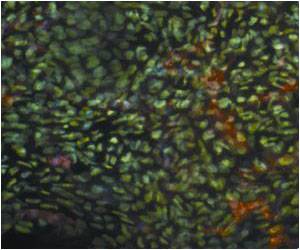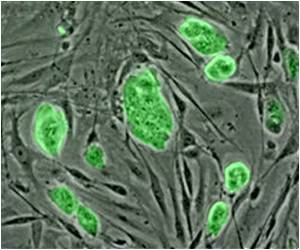
To verify these claims, Kenneth Lee set out to replicate the work in his own lab, and documented his experiments online in the process, leading to lively online discussions between stem cell scientists who provided feedback and commentary along the way. Using both white blood cells isolated from the spleen of neonatal mice - the same cells used in the original study - and lung fibroblasts, Lee was unable to replicate the original findings, and has now published the full results of his study in F1000Research.
Unlike most journals, all research papers in the open access journal F1000Research are accompanied by the full underlying datasets so other researchers will be able to re-analyse and more easily reproduce the work. In addition, F1000Research employs open peer review by invited expert scientists, which occurs after publication and is published in full online alongside the paper, removing much of the potential bias that often occurs in traditional anonymous pre-publication peer review. "Publishing Professor Lee’s attempted replication study in this unique and open manner will facilitate a less-hyped and more informed debate and demonstrates the value of this extra level of transparency in the publication process", says Daniel Marovitz, CEO of F1000.
Source-Eurekalert












